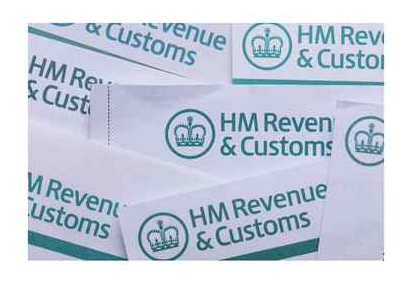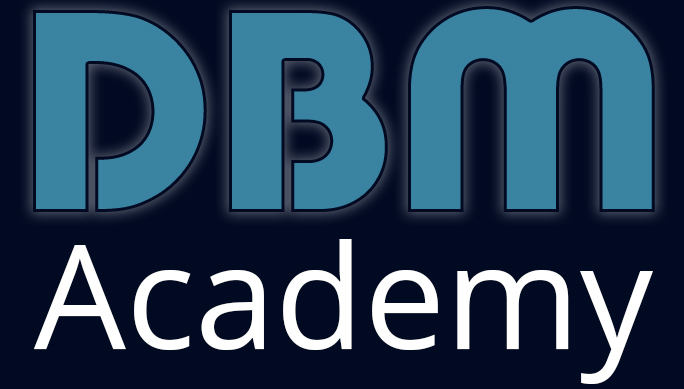Tax System Woes: Seasonal HMRC Helpline Shutdowns Expose the Struggle!

From an initial £226m budget in 2016, HMRC has poured £1.3bn into Making Tax Digital for enhanced efficiency – but the process is still unfinished.
Adding to efficiency concerns, HMRC experiments with seasonal closures of self-assessment helplines. This move is not due to lack of demand, but rather an effort to allocate resources to pressing issues in other areas.
These developments raise questions about HMRC's efficiency and approach to resource management, leaving taxpayers and professionals in a difficult spot.
Like other government departments, HMRC suffers from underfunding, leading to being understaffed and overburdened.
HMRC's primary goal is to secure adequate funding for itself and other government branches through efficient tax collection. Persistent inefficiencies, largely stemming from insufficient investments, hinder HMRC's ability to close the tax gap and address funding challenges in public services.
Delayed Problems Remain Unsolved!
While I empathize with HMRC staff and understand the need to prioritize resources, it's crucial to acknowledge that self-assessment should not be treated as a 'seasonal' matter.
The helpline closures, framed as 'seasonal' but essentially a three-month shutdown, might inadvertently discourage early filing. Consequently, when the helplines resume, HMRC may face an overwhelming caseload.
Furthermore, this approach could lead to increased errors. Taxpayers without HMRC's input may struggle to answer complex questions that could easily be clarified with assistance from an HMRC agent.
The risk of incorrect or missed tax filings arises, potentially causing further issues in the future. Filing self-assessment tax returns is typically time-consuming and frustrating for the average taxpayer, making it more likely to be forgotten or done incorrectly without easy access to help.
Time to Invest NOW!
If tax returns remain unfiled or are filled with errors, HMRC will face the daunting task of correcting these mistakes and chasing taxpayers for the right amount of tax. However, the tax office is already overwhelmed by existing demands, and this administrative burden is likely to worsen.
A concerning trend emerges where uncollected tax increases due to HMRC's efforts to chase money owed, creating a vicious cycle. This cycle must be broken, especially as the UK tax gap already costs the Exchequer approximately £42 billion annually, straining public finances amid economic challenges.
The solution to support HMRC lies in investment—both in technology and staff to fulfil its responsibilities. Tax agents and professional bodies are ready to lend a hand.
Critics might argue that investing more money after already spending on Making Tax Digital and efficiency improvements is wasteful. However, a well-functioning tax system is not a luxury; it is vital. Investing in HMRC's efficiency may be costly in the short term, but the price of inaction is far greater—£42 billion a year, to be precise.
Delriene Smith
Founding DBM Coach
Boss Money Moves
